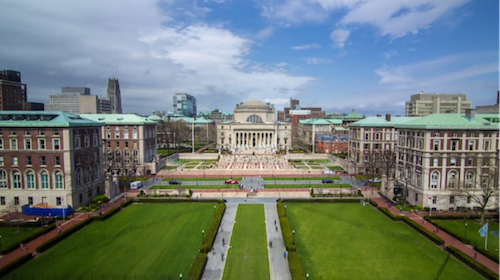
Economies around the world continue to promote intercultural exchanges and study abroad. “Students mobility is at the highest level that I have ever seen it,” comments Tom Rock, Associate Provost for Enrollment Services at Teachers College, Universidade de Columbia. The US has always been perceived as having one of the best higher education systems in the world. Fifteen of the Topo 20 Universities ranked by Times Higher Education are in the United States. International students coming to Teachers College at Columbia University are looking to gain a top ranked education and “many are planning to return to their countries to help with education reform and educational policies,” adds Rock.
To support the growing influx of students and prepare them for graduate programs in the US, Teachers College is launching a new International Pre-Graduate Program (IPGP) this month in Beijing, China. The inaugural program will run from July 7 to August 17. Tom joins us in A Pesquisa Global para a Educação today to tell us more.
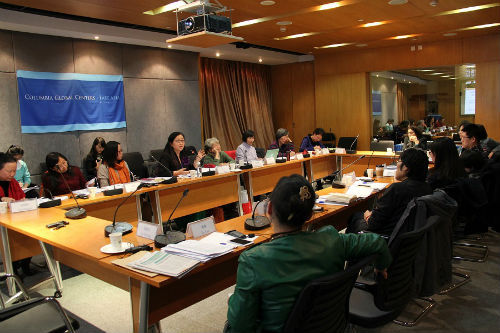
Que, what sort of things do overseas students studying in American graduate schools most commonly struggle with?
We find that most overseas students struggle with academic writing, academic reading, and academic speaking. We will develop non-credit courses in these areas to assist them. We also will have workshops on Academic Competence as well as assistance with the graduate school application process, including visits to New York City area graduate schools. We want students to be well informed and prepared before they apply to their top choice graduate schools. Many struggle with presenting themselves to the admission committees, so we plan to give them guidance on writing their essays. Tipicamente, the statement of purpose is one of the first documents that the admission committees will read. Assim, we want the student voice to be heard and their passion and commitment to be clear and evident. We will have workshops for them in this area from experts in the field.
What is the most common barrier to their getting into American graduate schools?
I believe that one of the most common barriers is a lack of familiarity with the US Graduate School classroom and academic experience. We hope to make this a bit more clear. Classroom discussions are often different from culture to culture. The expectations of the students might differ across cultures. Our program will provide a glimpse into the American Graduate School classroom so that these students are well prepared and have aligned their expectations properly. Another barrier is command of the English language…whether it be speaking, escrevendo, or reading. While our program is not an Intensive English Language Program, we will assist these pre-graduate students with skills so that they are more successful in these areas.
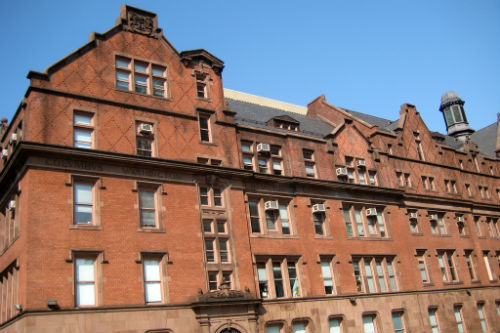
Your program is a unique blend of credited and non-credited courses. What are some of the perks to this program versus, dizer, getting an MA?
The advantage of enrolling in this pre-graduate program prior to applying to a degree program is that a program like this could provide advantages to the applicant no matter where they decide to attend. They will hear and learn from expert graduate admission professionals in the field and they will have the opportunity to visit large and small graduate schools in the New York City region. This exposure, we hope, will help them to put together the best possible application to graduate school. We hope that we will help these pre-graduate students to maximize their opportunities. This extra 6 weeks of pre-graduate preparation could make all the difference for our students. They will live in NYC in our residence halls and attend a top ranked Ivy League institution. That experience should help them no matter what they ultimately decided to do. We plan to take advantage of the cultural, educational and social activities that the metropolitan New York City area has to offer as well. It’s a combination that you won’t find elsewhere in one of the most incredible cities in the world. Our pre-graduate students will leave with 6 academic credits from Teachers College that they can use no matter where they ultimately decide to enroll in graduate schools. They will have a Teachers College transcript and experience that they will hold onto for the rest of their lives.
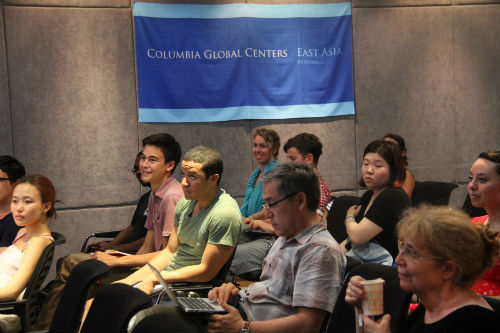
There will probably be a large demand for this kind of program. Where are you planning to take it next?
We plan to use the Columbia University Global Centers as our launching pad. This first year, our launch is at the Global Center in Beijing, but it is not an international program for Chinese students only. It is an international pre-graduate program for students from any country. Anyone who wishes to gain preparation prior to applying to graduate school in the US is welcome to apply and enroll in this program. Mas, after year one, we hope to focus our efforts in South America and India. Columbia has global centers in Brazil, Chile and India. We will try to focus our efforts there next year. We are seeing an increase in the number of inquiries and applications from students from India and South America. There are opportunities in the United States for students from these regions. The IIE Open Doors report shows student mobility from India is on the rise and we’d like to be able to assist students from this part of the world with more pre-graduate school preparation so that they are successful.
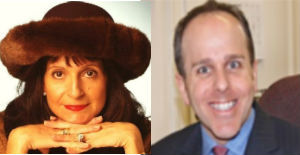
Junte-se a mim e líderes de renome mundial, incluindo Sir Michael Barber (Reino Unido), Dr. Michael Bloco (EUA), Dr. Leon Botstein (EUA), Professor Clay Christensen (EUA), Dr. Linda, Darling-Hammond (EUA), Dr. MadhavChavan (Índia), Professor Michael Fullan (Canadá), Professor Howard Gardner (EUA), Professor Andy Hargreaves (EUA), Professor Yvonne Hellman (Holanda), Professor Kristin Helstad (Noruega), Jean Hendrickson (EUA), Professor Rose Hipkins (Nova Zelândia), Professor Cornelia Hoogland (Canadá), Honrosa Jeff Johnson (Canadá), Senhora. Chantal Kaufmann (Bélgica), Dr. EijaKauppinen (Finlândia), Secretário TapioKosunen Estado (Finlândia), Professor Dominique Lafontaine (Bélgica), Professor Hugh Lauder (Reino Unido), Senhor Ken Macdonald (Reino Unido), Professor Geoff Mestres (Austrália), Professor Barry McGaw (Austrália), Shiv Nadar (Índia), Professor R. Natarajan (Índia), Dr. PAK NG (Cingapura), Dr. Denise Papa (US), Sridhar Rajagopalan (Índia), Dr. Diane Ravitch (EUA), Richard Wilson Riley (EUA), Sir Ken Robinson (Reino Unido), Professor Pasi Sahlberg (Finlândia), Professor Manabu Sato (Japão), Andreas Schleicher (PISA, OCDE), Dr. Anthony Seldon (Reino Unido), Dr. David Shaffer (EUA), Dr. Kirsten Immersive Are (Noruega), Chanceler Stephen Spahn (EUA), Yves Theze (LyceeFrancais EUA), Professor Charles Ungerleider (Canadá), Professor Tony Wagner (EUA), Sir David Watson (Reino Unido), Professor Dylan Wiliam (Reino Unido), Dr. Mark Wormald (Reino Unido), Professor Theo Wubbels (Holanda), Professor Michael Young (Reino Unido), e Professor Minxuan Zhang (China) como eles exploram as grandes questões da educação imagem que todas as nações enfrentam hoje.
A Pesquisa Global para Educação Comunitária Página
C. M. Rubin é o autor de duas séries on-line lido pelo qual ela recebeu uma 2011 Upton Sinclair prêmio, “A Pesquisa Global para a Educação” e “Como vamos Leia?” Ela também é autora de três livros mais vendidos, Incluindo The Real Alice no País das Maravilhas, é o editor de CMRubinWorld, e é um Disruptor Fundação Fellow.
Siga C. M. Rubin no Twitter: www.twitter.com/@cmrubinworld



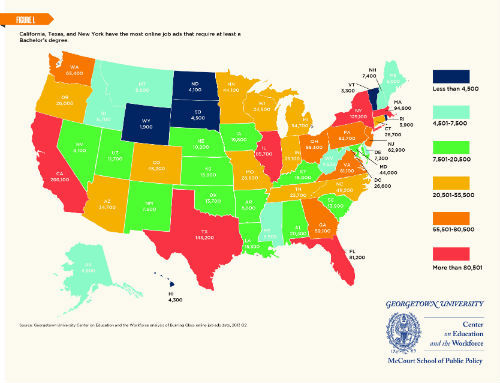
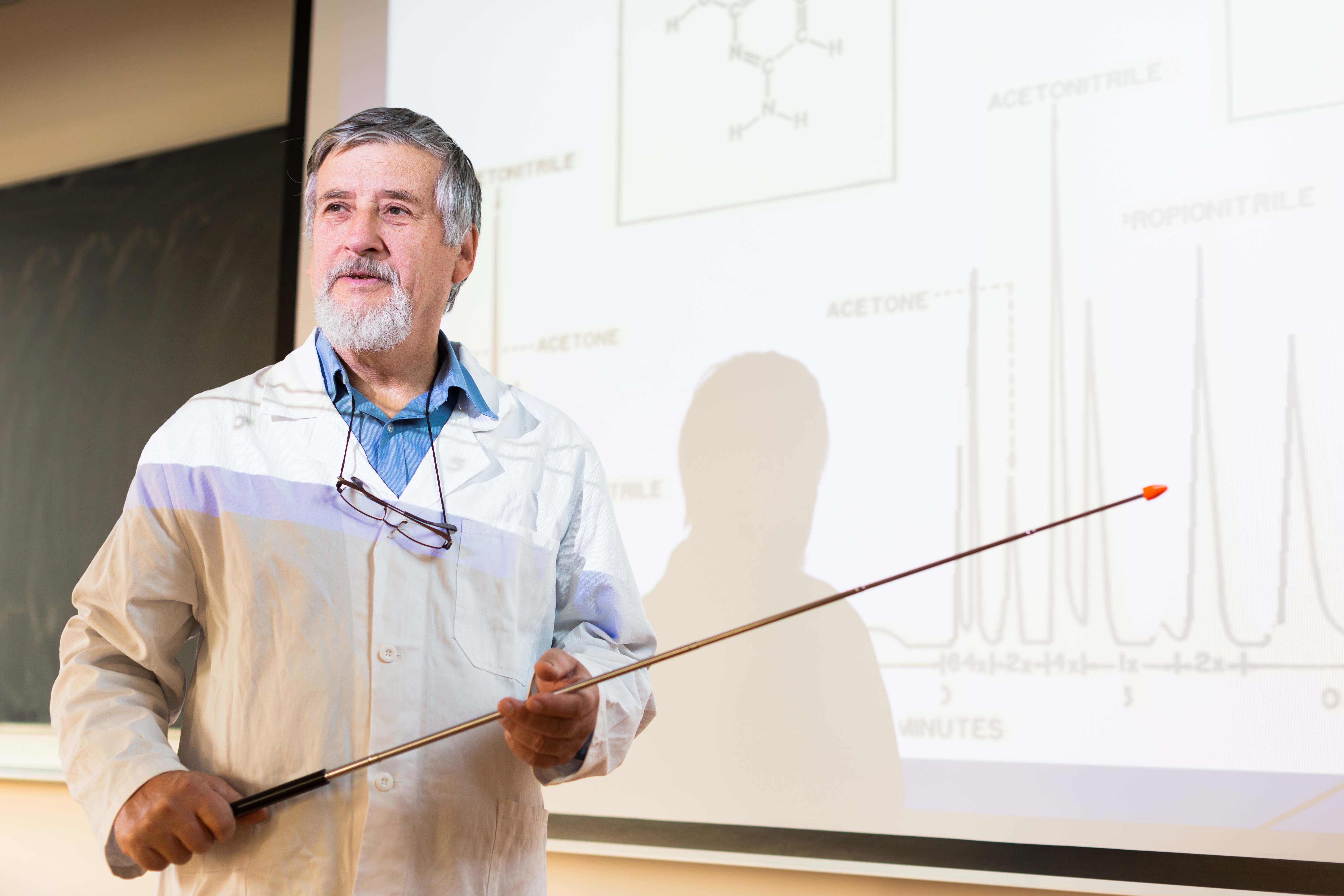
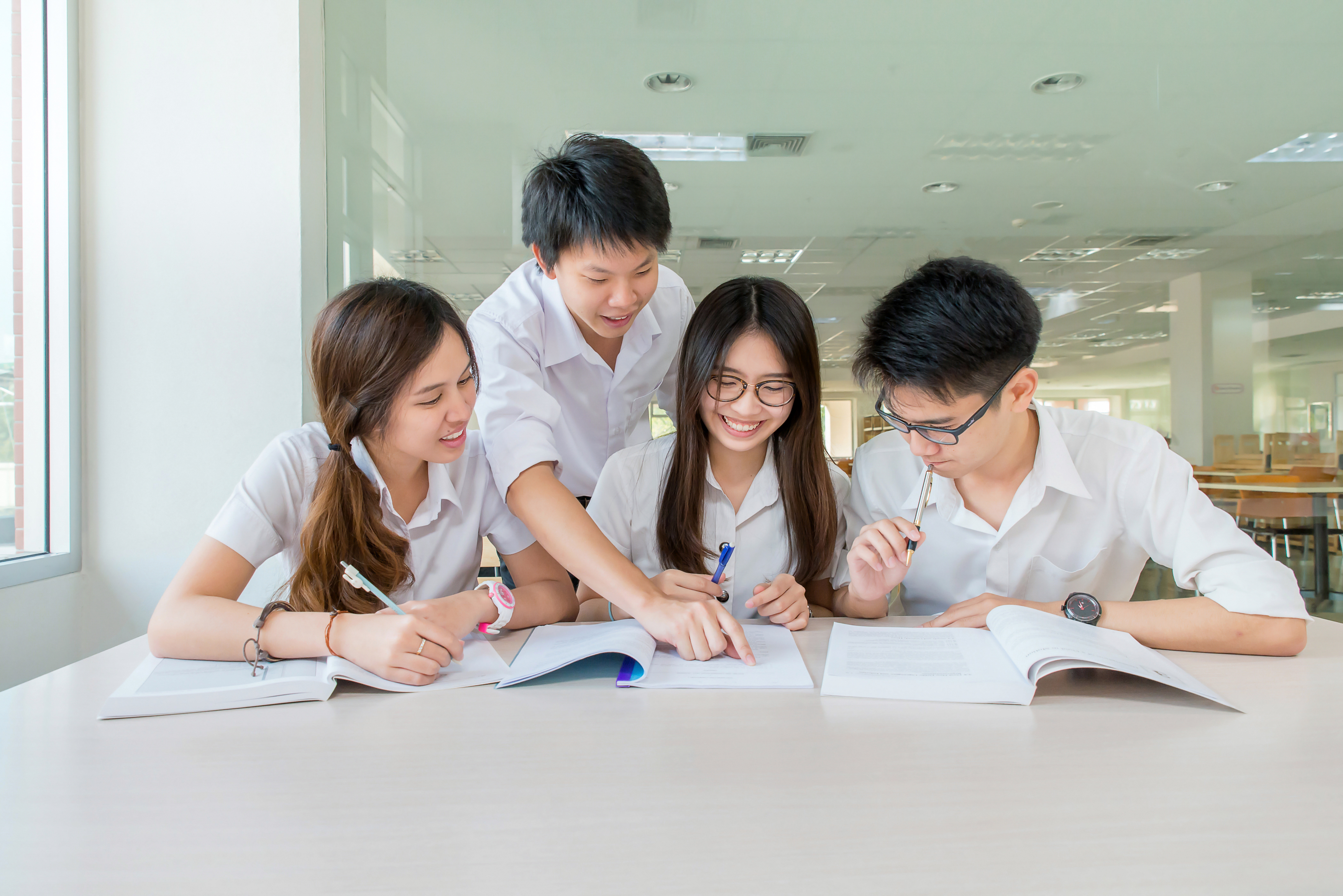
Comentários Recentes